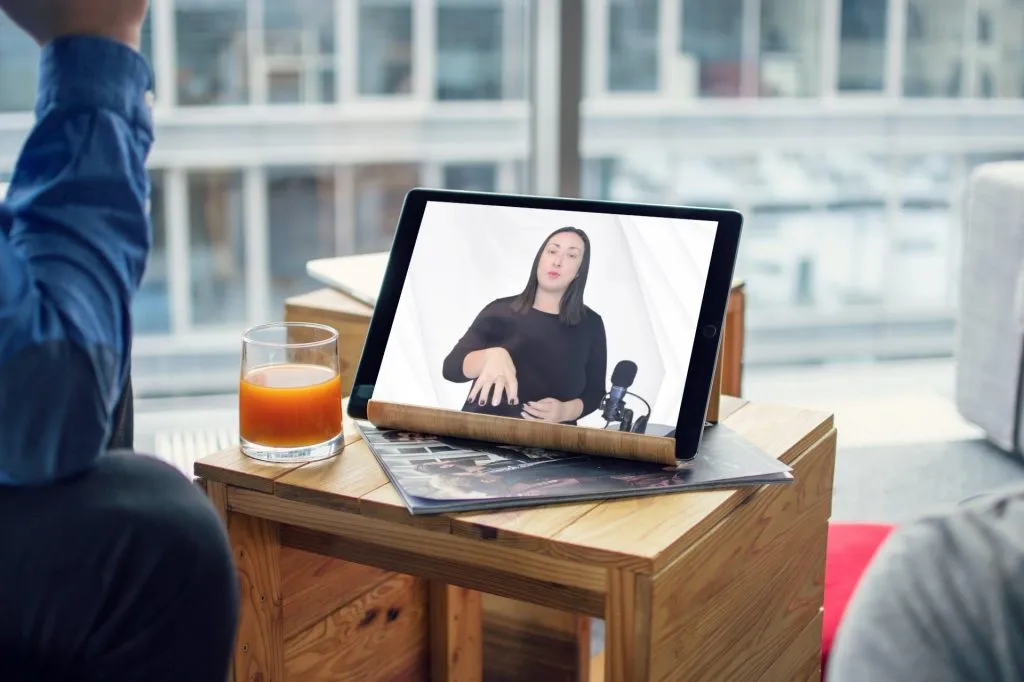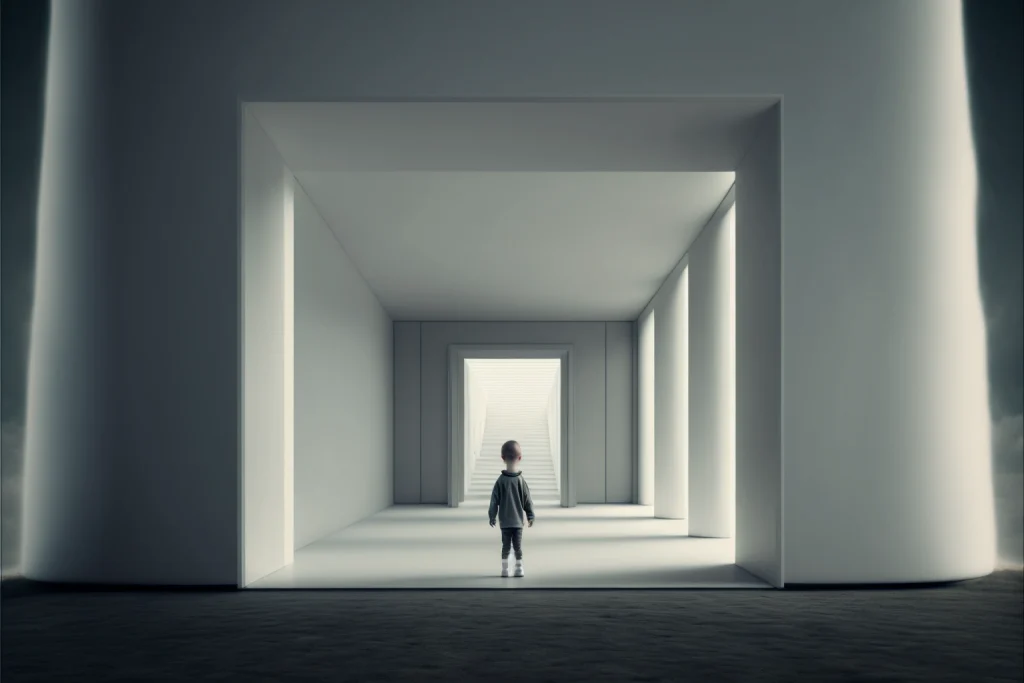#1 Minimalists Only Own a Few Items
One of the most common misconceptions about minimalists is that they only own a few items. This is not true. Minimalists focus on owning things that they truly need or bring them joy.
There is no set number of items they can own. Minimalists want to live with intention and purpose, and not worry about the number of things one owns. The perception that all a minimalists possessions can fit in a backpack is categorically false.
In fact, there are many different kinds of minimalists. Some minimalists focus solely on streamlining and reducing clutter in their professional life while others use minimalist principles for their online activities.
Making a drastic lifestyle change is tough without support. Get access to the only online course teaching not just minimizing, but clarifying mindset shifts to breakthrough limiting beliefs.

#2 Minimalists Are Cheap or Poor
Probably one of the most damaging misconceptions about minimalists is that they are cheap or poor and never spend money on anything. Putting negative labels like cheap and poor on a lifestyle with many positive benefits is a deterrent for many curious onlookers. Nobody wants to be perceived as cheap or poor.
The truth is that minimalists are intentional with their spending and focus on investing in quality items that will last. They may spend more money on fewer things but they are mindful about it and it brings them joy.
Taking a step back and looking at the psychology of being able to become a minimalist, poor people are the least likely to feel confident enough to engage in minimalism.

#3 Minimalists Don’t Have Hobbies
It’s clear that critics of minimalism mis-understand the movement when they assume all minimalists just hike and journal to fill their time. Our obsession with owning items to engage in hobbies is stuck in the consumerist mindset.
Minimalists have hobbies that require supplies, space, and skill. Some minimalists choose to own items pertaining to their hobby while others find a creative way to simply use the items when they are needed. Using hobby items can mean becoming part of a collective which lends the items on a schedule. Renting items from businesses who specialize in storage of the supplies is another option.
Claiming that minimalists lives are void of hobbies misses the point of minimalism entirely. The focus of all factions of minimalists is to have more time, energy, and money to spend on the things that matter most in our lives. If buying less Easter decorations frees up money to spend on clay for their sculptures, than that is minimalism in action.

#4 Minimalists Are Always Tidy
Some misconceptions about minimalists are laugh out loud funny. The idea that all minimalists are clean freaks of naturally tidy people is one of those hilarious assumptions. I am not by nature a tidy person.
Regular people with a “normal” amount of stuff have to spend a lot of time cleaning. Well, cleaning and organizing. You’re constantly putting stuff away, finding new ways to Tetris fit everything in a cabinet, and clearing off surfaces in order to use them again. Minimalists by and large get to avoid a lot of that because they simply have less clutter.
It’s not that minimalists are inherently cleaner, they just don’t need to clean as often since they have less. You might think everything you clean is ultra important and couldn’t be minimized. Maybe that’s true. But, the reason it is out or in the way is because there’s cabinets, drawers, and flat surfaces all around your home filled with crap. Your most important items become stressful because they don’t have a home. All the valuable storage real estate is taken up by junk.
#5 Minimalists Only Talk About Physical Items
It’s easy to imagine someone yammering on about a topic I don’t care about at all. Most times you hear about minimalism it’s all about getting rid of your skis or donating the clothes that don’t fit. If you don’t perceive your items to be an issue than you probably block out any further conversation about minimalism.
But did you know that you can use minimalist principles on your schedule, relationships, technology, and even your thoughts? Focusing on what’s important can mean different things to different people.
I am not one of those minimalists that feels the need to get more and more extreme over the years in order to stay relevant. Becoming a minimalist was based on my goal to experience more life and not let stuff stand in the way. All these years later we still have six suitcases and we still get to live internationally as a family, including moving my parents abroad.


